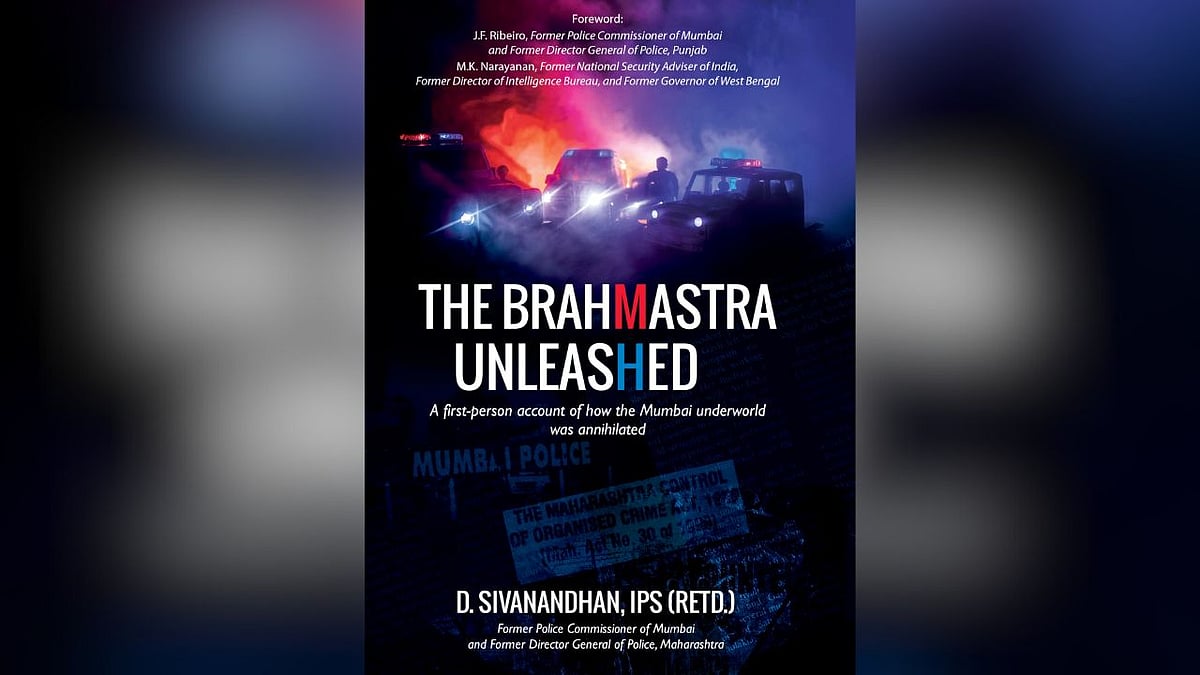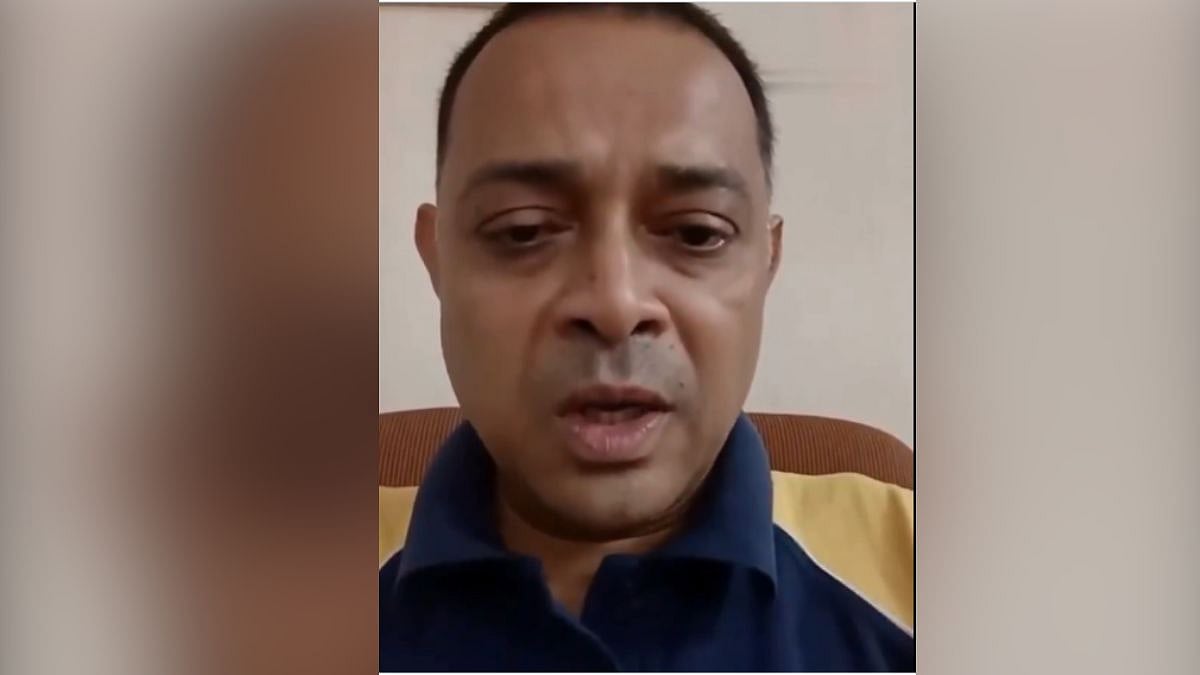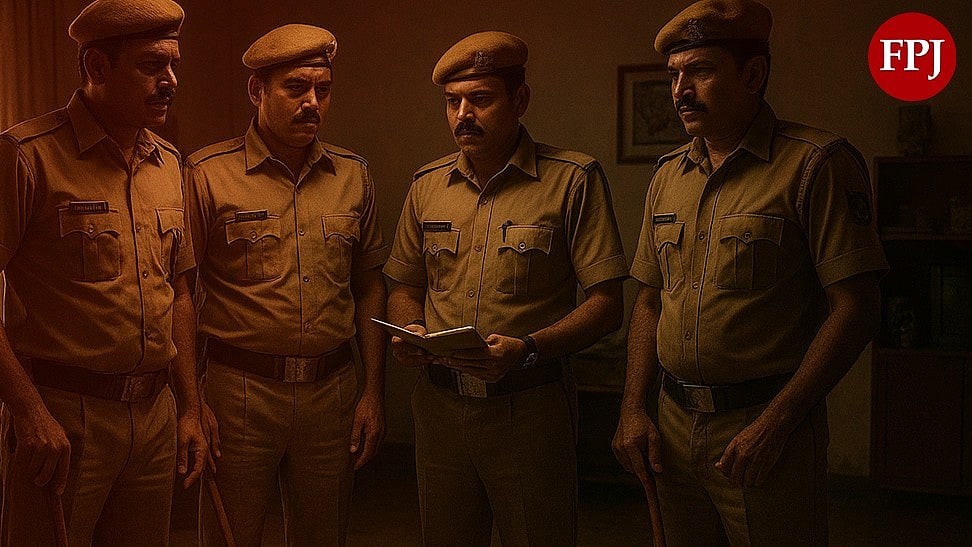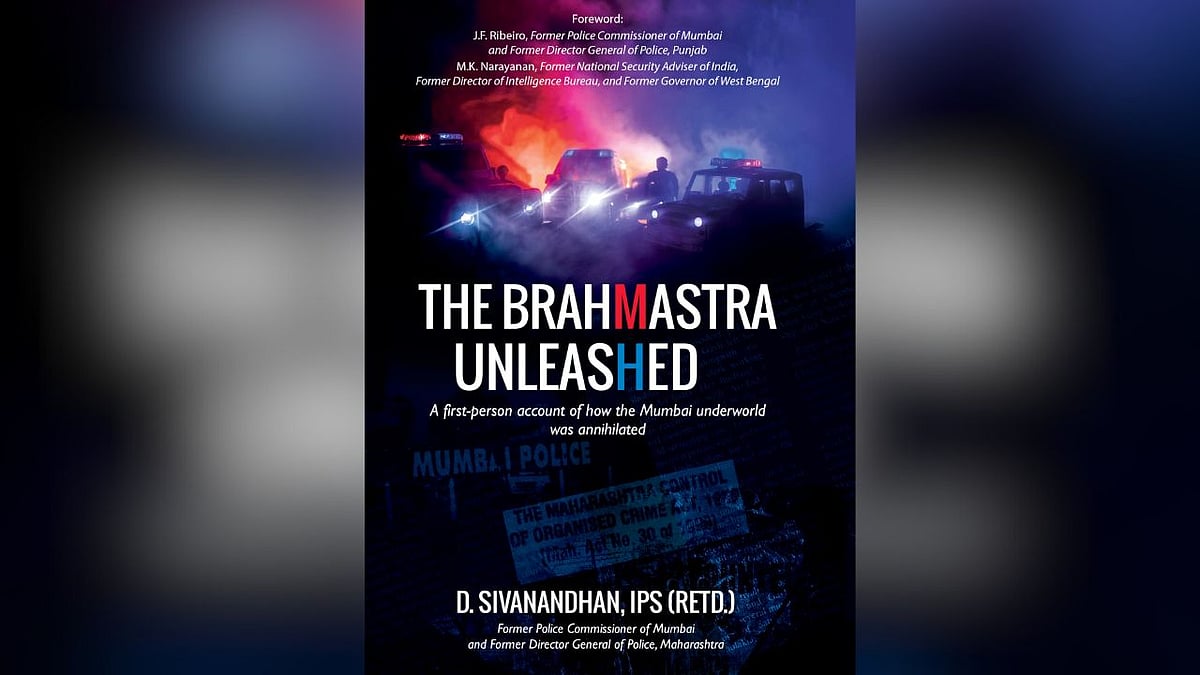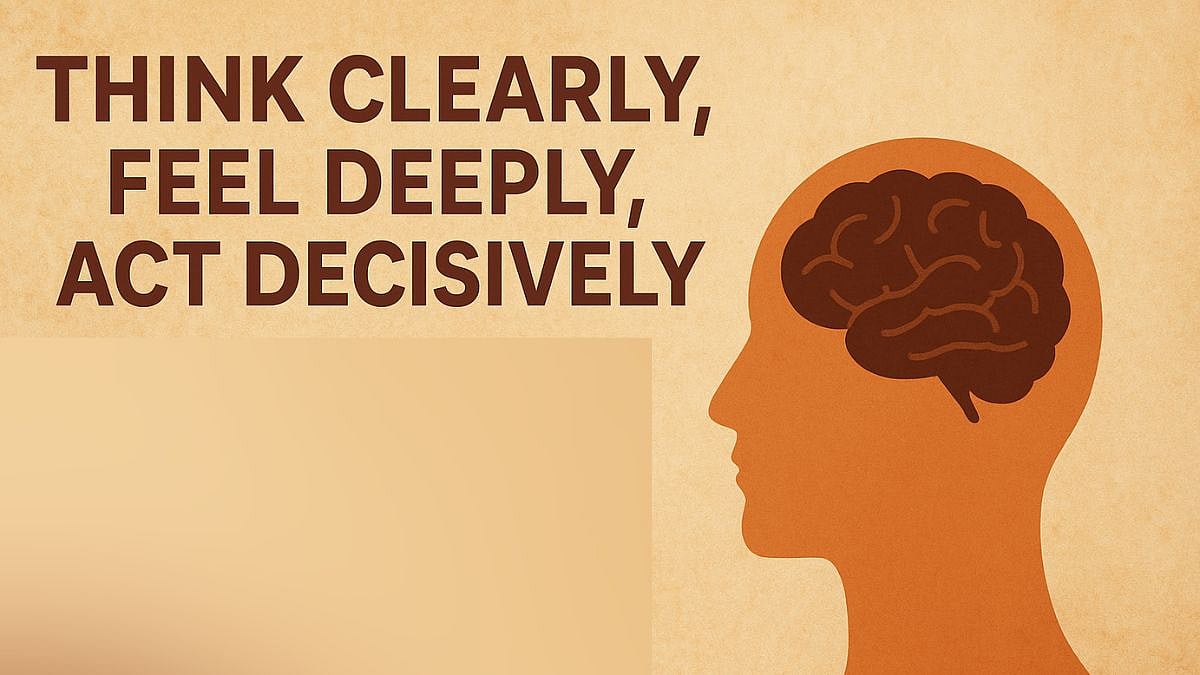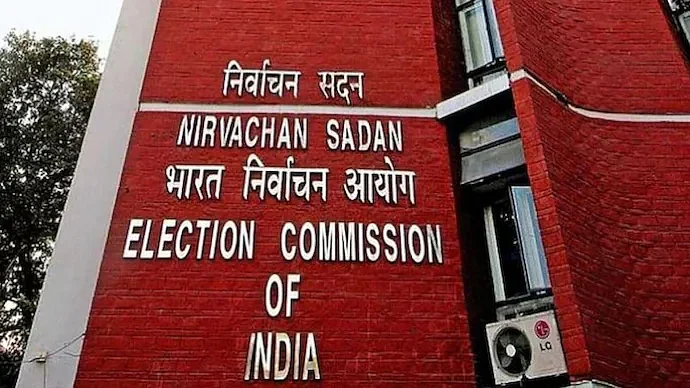When I picked up former Mumbai police commissioner and ex-DG of Maharashtra D. Sivanandhan's book ``The Brahmastra Unleashed", I expected a memoir about policing and crime control, stories of raids, encounters, and narrow escapes that dominate most accounts from India’s law enforcement corridors. What I found instead was a deeply layered reflection on courage, law, and the psychological endurance it takes to stand up to fear when fear becomes a city’s language. Written by Sivanandhan, one of Maharashtra’s most respected police officers and a man who witnessed the worst of Mumbai’s underworld years, this book is both a chronicle of history and a case study in human resilience.
As a psychologist, what fascinated me most about Sivanandhan’s writing was not just the operations he led, but the way he frames the inner world of policing , the strain of leadership, the balance between aggression and empathy, and the constant tension between justice and legality. The book’s title itself, ‘The Brahmastra Unleashed’ suggests both destruction and discipline. The ‘Brahmastra,’ in mythology, is a divine weapon that can annihilate evil but must be used with wisdom. In Sivanandhan’s narrative, this metaphor becomes psychological: the true weapon against crime is not brute force, but the intelligent, moral use of law.
He writes, ‘With journalists and others writing bestsellers and singing the praises of gangsters and criminals, somebody has to relate what happened to annihilate them.’ There is defiance in that sentence, but also purpose. One senses a man weary of distortion, a professional tired of watching sensational stories glorify crime while the quieter, harder work of institution-building goes unnoticed. This insight alone offers a glimpse into the psychology of public service: the need for recognition not of self, but of truth.
Reading the book, I could feel the psychological climate of Mumbai in the late 1980s and 1990s - a city trapped in collective anxiety. Fear was not just emotional; it was systemic. The underworld had seeped into the city’s identity. Mr Sivanandhan’s recollection of those days has the precision of someone who has carried those memories in his bones. Behind the numbers he shared, lies an unspoken mental narrative, of exhaustion, risk, and the delicate psychological line between the enforcer and the human being who enforces.
What struck me most was Sivanandhan’s emphasis on structure over spectacle. He repeatedly reminds the reader that Mumbai’s underworld wasn’t dismantled through encounters or bravado, but through legal and systemic reform, what he calls his true ‘Brahmastra.’ This mindset shift, from reactive violence to strategic reform, mirrors a psychological evolution. It shows how resilience matures: first by surviving threat, then by transforming it. In this sense, his story is not just about law enforcement; it is about emotional intelligence at an institutional level.
The book also reveals, sometimes unintentionally, the emotional economy of leadership. Leading a force in times of chaos requires not just operational clarity, but a deep awareness of morale, motivation, and shared belief. One of the most powerful psychological undercurrents in the book is this collective belief- that a system, if steered with integrity, can heal itself. It’s the same principle we find in therapy: trust the process, even when the pain feels overwhelming.
Yet, as I read, I also found myself longing for more intimacy, more about what it felt like to live through those years. We hear about arrests, strategies, and reforms, but less about sleepless nights, fear for family, or doubt. Perhaps that restraint is deliberate, the stoicism of a police officer who cannot afford to indulge in vulnerability. But as a psychologist, I know that every act of restraint leaves an emotional residue. The book’s power, then, lies partly in what it does not say.
Still, Sivanandhan’s restraint never turns into detachment. His voice carries conviction, and occasionally, quiet pride, the pride of someone who fought long battles not only on the streets but within the moral framework of his own conscience. In doing so, he invites readers to think beyond headlines, to see policing not as a theatre of power but as an intricate dance between fear and courage, legality and compassion.
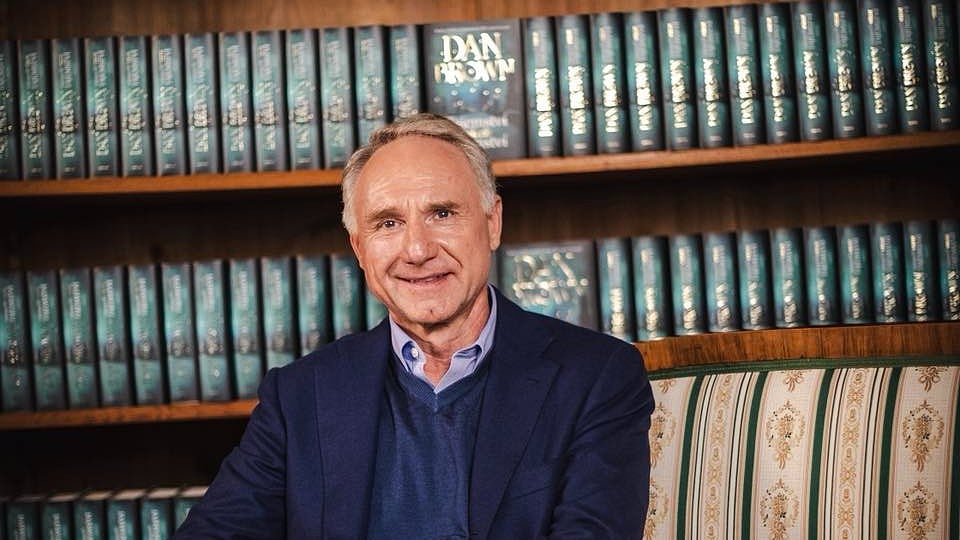
The book is ultimately a study in human endurance, of individuals, institutions, and a city that refused to surrender. For readers outside the world of policing, it offers a rare glimpse into how psychological resilience functions under pressure: how leaders regulate fear, sustain morale, and hold on to ethical clarity when violence tempts easy shortcuts.
If I were to describe the book in one phrase, it would be ‘the anatomy of control.’ Control not as suppression, but as mastery, over chaos, impulse, and self. That, perhaps, is Sivanandhan’s true ‘Brahmastra.’
It’s a book that should be read not just by those interested in crime or governance, but by anyone curious about the psychology of leadership, the anatomy of courage, and the quiet cost of doing what is right in a system that often makes it hard to do so.
(The author is a Pune-based psychologist)
